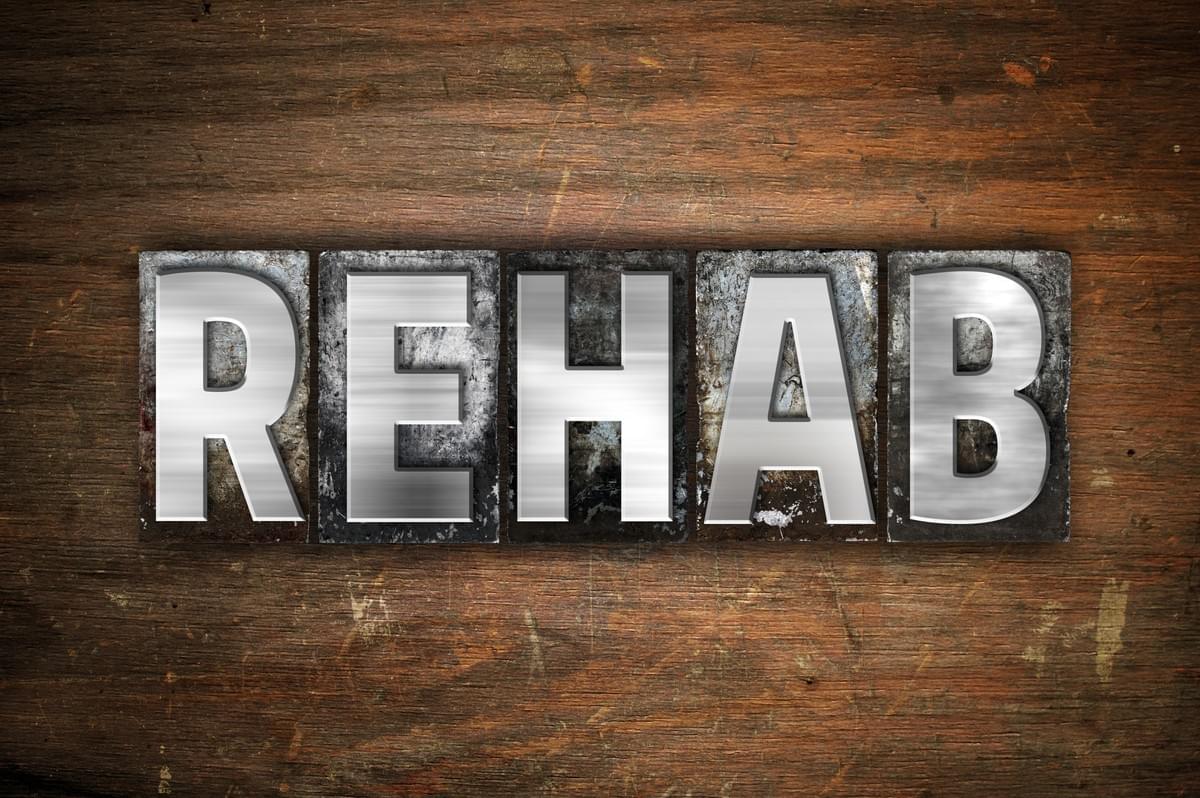
Drug rehab is a process by which drug abusers are subjected to inpatient care to help them successfully cope with the withdrawal effects of their drug abuse. While inpatient drug rehab facilities offer several treatment options to drug addicts, outpatient drug rehab centers cater mostly to patients who are only experiencing mild symptoms of addiction. Outpatient drug rehab programs offer patients the chance to consume drugs under the supervision of a professional but is not a full time treatment option. Both inpatient and outpatient drug rehab centers can help patients suffering from different kinds of addictions, including alcohol and drug abuse. Should you wish to get more insights on drug rehabilitation programs and its benefits then call a rehab center now.
Drug rehabilitation or drug addiction treatment is an intervention program for preventing drug abuse, minimizing its harmful consequences, and enabling the patient to live a clean and drug-free life. Drug rehabilitation is a medical-based program of psychological or medical therapy designed to assist patients suffering from substance abuse issues. Drug rehab programs have been effective in treating patients with varying degrees of addiction. These programs include counseling, social activities, schooling, detoxification, and relapse prevention.
The first step towards inpatient drug rehab is screening. Individuals suffering from addiction should be screened thoroughly to identify whether they are at risk of relapse, or if they have a genuine problem. Screening enables healthcare workers to determine early on whether the individual needs immediate therapy or if he/she should undergo outpatient care. Different health organizations recommend various ways to screen drug addicts and other individuals suffering from substance abuse. The World Health Organization's strategies on drug education emphasize that every individual, at any stage in life, should know about the damage caused by drug abuse and the ways to overcome it.
Aftercare is also recommended for individuals suffering from addiction because it helps them deal with the emotional trauma associated with their experience of drug abuse, and helps them avoid relapse. Relapse prevention therapy is a component of inpatient drug rehab, and involves multiple stages of support, including support systems within the healthcare system, aftercare programs, therapy and support groups. All of these tools help individuals cope with the stressors that come with recovery from addiction. relapse prevention programs involve personalized aftercare plans that meet specific needs of each patient.
Addiction treatment help programs also incorporate medications designed to reduce physical dependency. While under medication, individuals attempt to suppress the brain chemicals that trigger feelings of physical dependence. Anti-anxiety medication, antidepressants, and sedatives can be prescribed to individuals experiencing symptoms of withdrawal. Psychological support is often very helpful as well, including therapies that address emotions and triggers that lead to drug addiction, as well as behaviors and habits that lead to relapse.
It is important to note that drug rehab programs do not substitute for treatment from an addiction counselor or other qualified professional. The purpose of this program is to assist in healing from drug addiction, but cannot fix substance use disorder or cure mental illness. Individuals who enter into treatment should receive regular counseling to help them deal with emotional issues and to discover ways of coping with their substance use disorder. A drug rehab program can offer a variety of support systems and tools that can improve an individuals life and quality of living. For more information, click here: https://www.dictionary.com/browse/rehab.